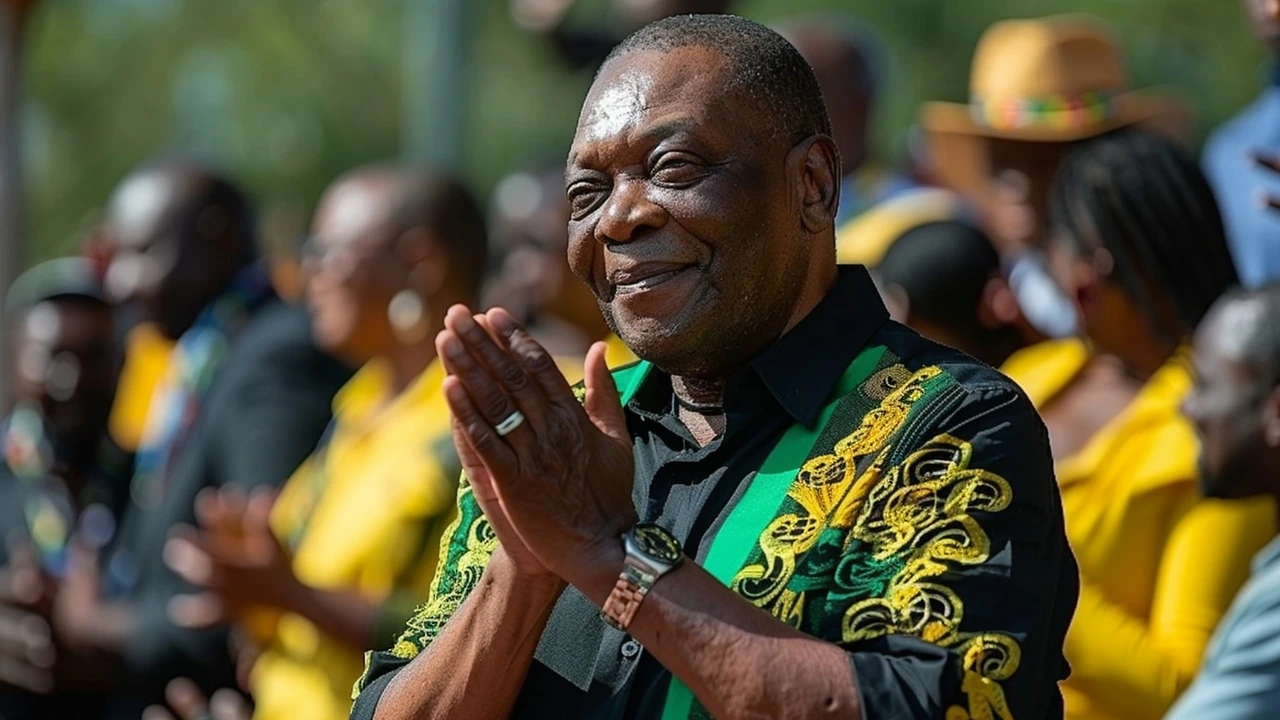Illegal Campaigning: How to Spot It and What to Do
Illegal campaigning can flip an election. It’s not always dramatic — sometimes it’s a staged photo, a stack of cash, or a politician using a state car. Knowing what counts and how to act matters, especially during tense election periods across Africa and beyond.
How to recognise illegal campaigning
Illegal campaigning covers actions that break election rules: vote buying (money, food, airtime), campaigning during a blackout or quiet period, using government resources for party gains, intimidation at polling places, and false or paid-for foreign influence. Also watch for fake social posts, bot-driven trends, or misleading ads that push voters unfairly.
Look for common signs: people handing out cash or vouchers at rallies, party logos on official cars or uniforms, school or clinic buildings used for rallies, or transport arranged for voters on election day. If campaign material appears in a legally restricted period — for example the day before voting in some countries — that’s a red flag.
Digital cues matter too. Suspicious accounts posting identical messages, sudden spikes in coordinated hashtags, or deepfake videos of candidates can all be part of illegal online campaigning. Save screenshots and note timestamps — those details help investigators.
How to report and protect yourself
If you see illegal campaigning, aim to collect clear evidence without putting yourself at risk. Photos, short videos, names of people involved, vehicle registration numbers, and the time and place are the most useful items. Ask witnesses for their contact details if they’re willing to help.
Report the incident to the relevant election body — many countries have an electoral commission hotline or an online complaints form. You can also report to local police, election observers, or trusted civic groups and NGOs that monitor elections. If social media is involved, report the posts directly to the platform and download copies for safekeeping.
Protect your identity when needed. If you fear retaliation, use anonymous reporting tools offered by many watchdog groups or share information with journalists who can publish without naming you. Avoid confronting violent actors directly; move to safety and let authorities handle it.
Know the likely outcomes: proven illegal campaigning can lead to fines, candidate disqualification, or criminal charges depending on the country. Quick, well-documented reports increase the chance of action. If you’re unsure whether something is illegal, report it anyway — election bodies prefer to assess the facts themselves.
Want to help beyond reporting? Spread verified information: share official voter education resources, correct false claims with links to reputable sources, and encourage friends to record and report incidents safely. Elections run smoother when more people stay alert and act responsibly.
Seeing something wrong doesn’t mean you have to handle it alone. Use official channels, protect yourself, and help keep the vote fair.
